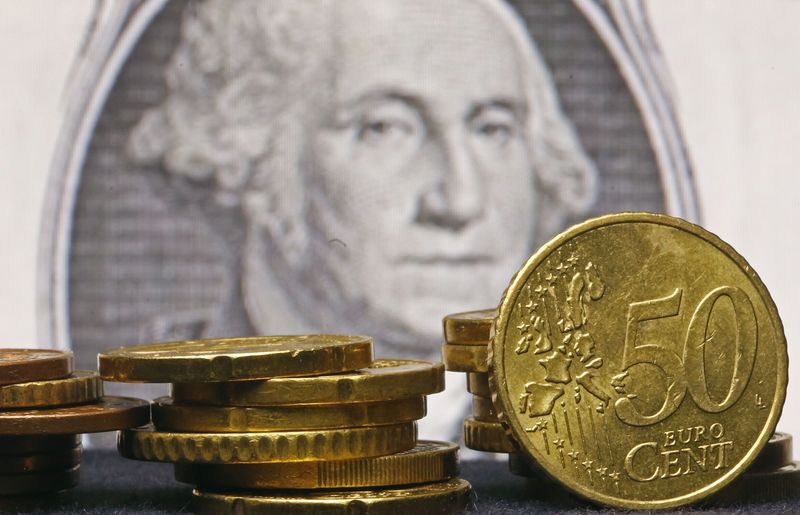
nvesting.com - The euro slid to session lows against the dollar on Tuesday after data showing an uptick in U.S. underlying inflation and a strong increase in new home sales bolstered the outlook for higher U.S. interest rates.
EUR/USD was down 0.34% to 1.0908, retreating from session highs of 1.1028.
The greenback strengthened after official figures on Tuesday showed that U.S. consumer prices rose 0.2% in February, in line with market expectations, rebounding after a 0.7% decline in January.
On a year-over-year basis the U.S. consumer price index was flat after slipping 0.2% in January.
The report showed that gasoline prices rose 2.4%, the largest increase since December 2013, snapping seven months of declines.
Core inflation, which excludes food and energy costs ticked up 0.2% in February after a similar gain in January. Core inflation was up 1.7% from the same month last year, the largest increase since November.
The uptick in underlying inflation indicated that the Fed would still have leeway to tighten monetary policy even with inflation running below target.
San Francisco Fed President John Williams said Tuesday that the bank should start raising rates earlier and added that the fall in energy prices and the stronger dollar would only have a short term impact on inflation.
The dollar has weakened since the Fed indicated last week that it may raise interest rates more gradually than markets had expected.
Separate reports showed that sales of new homes in the U.S. surged in February, while manufacturing activity expanded this month.
New home sales jumped 7.8% to an annual unit rate of 539,000 last month, the highest level since February 2008 the Commerce Department said.
The preliminary reading of the U.S. manufacturing purchasing managers' index rose to 55.3 this month, the highest level since October, from 55.1 in February.
The euro strengthened against the dollar earlier in the day, rising above the 1.10 level after data showing the economic recovery in the euro area gained traction last month, with private sector activity expanding at a faster-than-expected rate.
The euro area composite PMI, which measures activity in the manufacturing and services sectors, rose to 46-month high of 54.1 in March from 53.3 in February.
The U.S. dollar index, which measures the greenback’s strength against a trade-weighted basket of six major currencies, was last up 0.38% to 97.56, up from session lows of 96.58.

